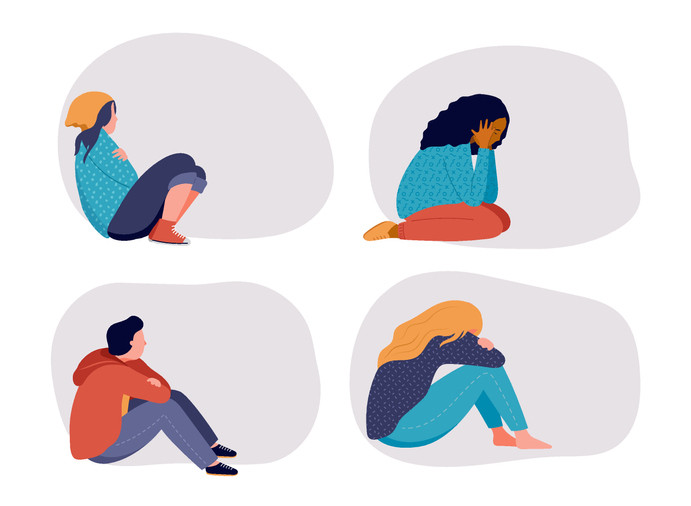Harmony Chen (9) | STAFF REPORTER
Written May 2023
Knowledge is all around us. Through observation, experience, and investigation, we make conclusions about both ourselves and others. However, who is to determine whether this knowledge is indeed fact, or if it has been influenced by external and internal factors?
Confirmation bias plays a significant role in shaping our knowledge. It describes the human tendency to favour information that supports our pre-existing beliefs and conceptions while downplaying contradictory evidence.
This bias influences the information we accept, the beliefs we form, and the judgments we make.
Subconsciously, we pay more attention to and remember information that we agree with, and disregard or forget conflicting information.
This fallacy may lead to us actively seeking out sources that support our beliefs and cherry-picking knowledge. It can also influence our interpretation of information, as we tend to interpret ambiguous evidence in perspectives that align with our own.
Confirmation bias often forms echo chambers, where individuals surround themselves with like-minded people who reinforce their existing beliefs. An environment is created where the knowledge being shared and passed on is that which aligns with established beliefs.
Thus, this bias often results in the misinterpretation or distortion of data, poor judgement, and resistance to change in viewpoints, with the ability to carry on through generations.
Confirmation bias has significant implications in our everyday lives, with the potential to severely affect our political beliefs, influence media consumption, form stereotypes and prejudice, and influence decision-making processes.
Research has proven that even medical doctors are as subject to this bias as others. Often, doctors have hunches about the diagnosis of a medical condition early in the treatment process. The doctor’s ability to objectively assess information that opposes the initial hunch may be threatened as a result of this bias.
Therefore, recognizing these underlying effects is critical in order for us to reduce their impact. To mitigate the impact of confirmation bias, critical thinking, open communication, and considering a diverse range of perspectives are encouraged.
Utilizing these techniques promotes a more well-rounded and informative exchange of information, as we are able to have a more holistic view of our surroundings.
By being willing to challenge our own assumptions, we can foster an environment that encourages intellectual humility and objectivity, which are both paramount aspects of the shaping and advancement of true human knowledge.



